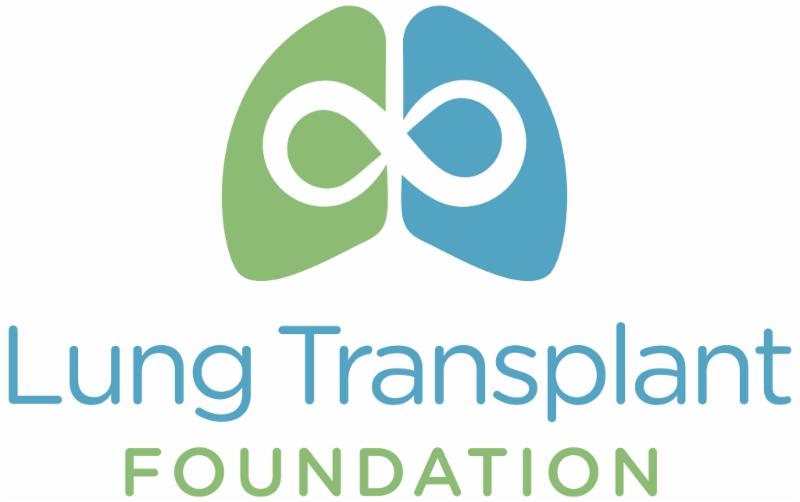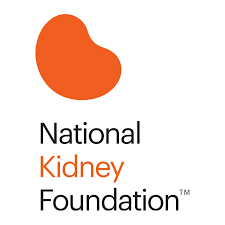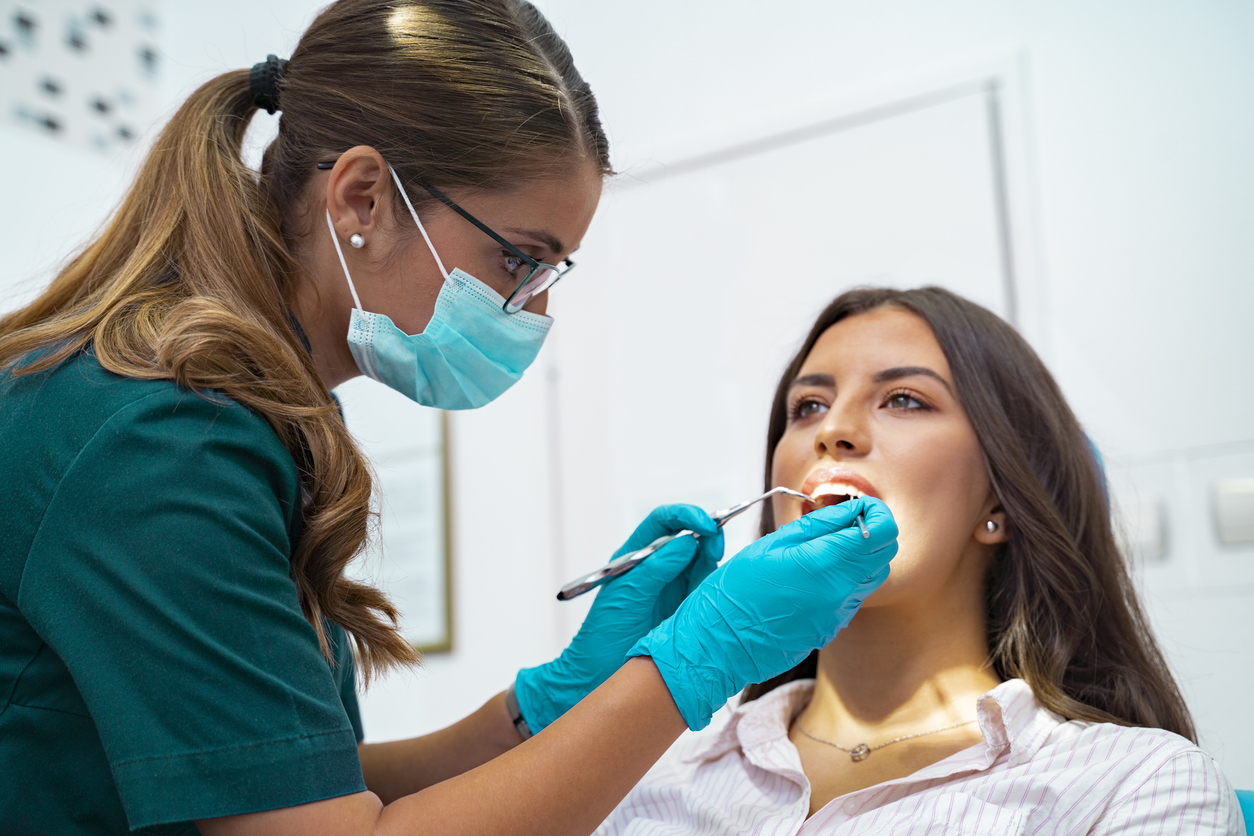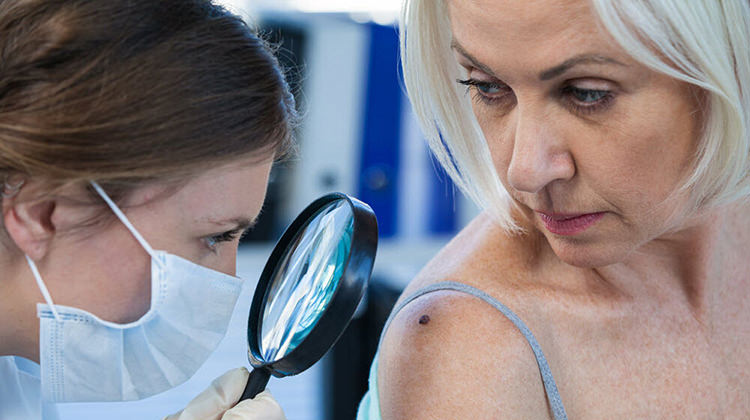Loading
“With over 5 million cases diagnosed in the United States each year, skin cancer is America’s most common cancer. Fortunately, skin cancer is also one of the most preventable forms of cancer. About 90 percent of nonmelanoma skin cancers and 85 percent of melanoma cases are associated with exposure to ultraviolet radiation from the sun. By sharing facts about the dangers of unprotected exposure and encouraging people to check their skin for warning signs, we can and will save lives.
We can’t do this work alone.
In 2021, for the second straight year, Skin Cancer Awareness Month takes place during the COVID-19 pandemic. Even though many of us are separated, we can still unite against skin cancer, share the facts and help save lives.”
Learn more information, here.
Loading








